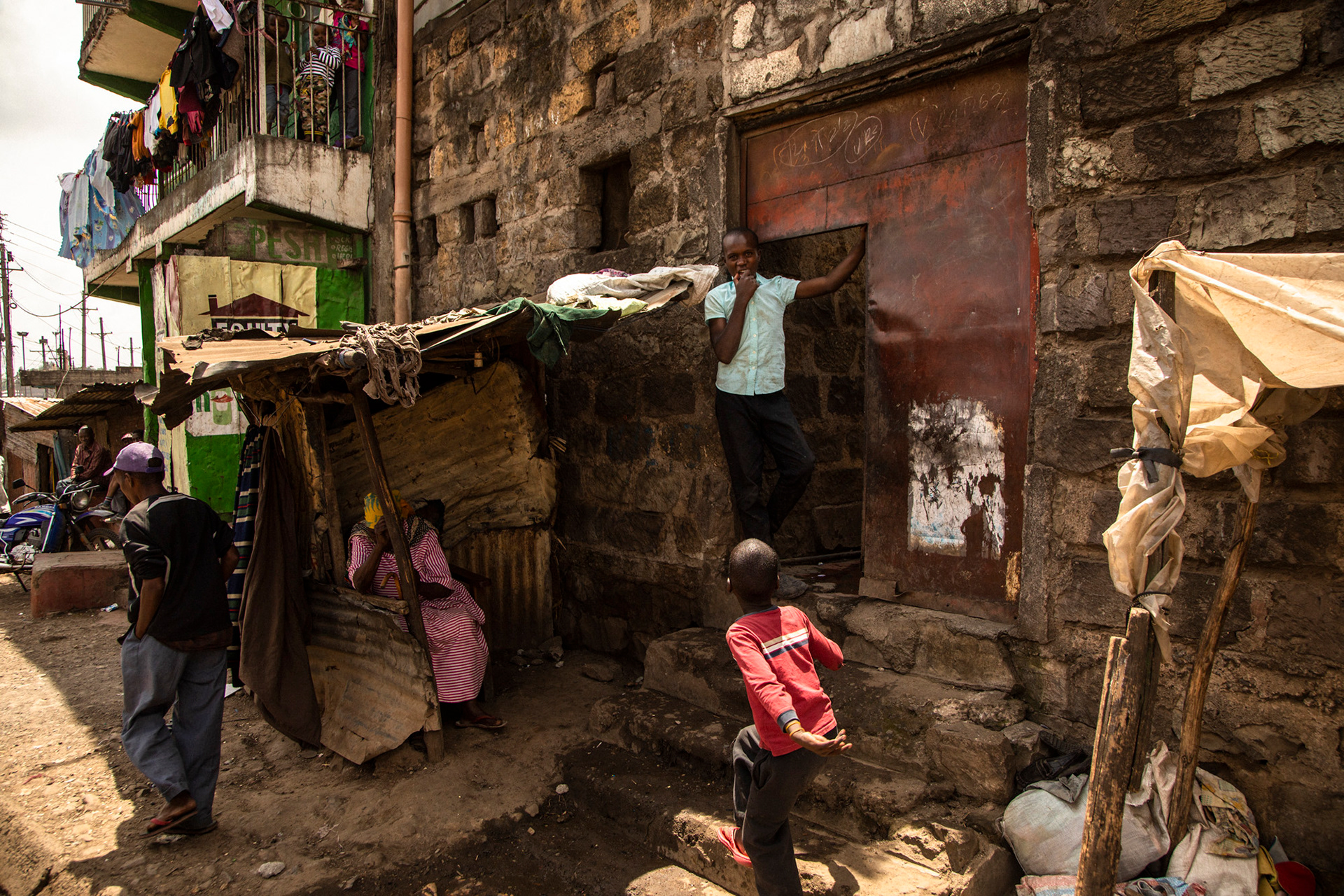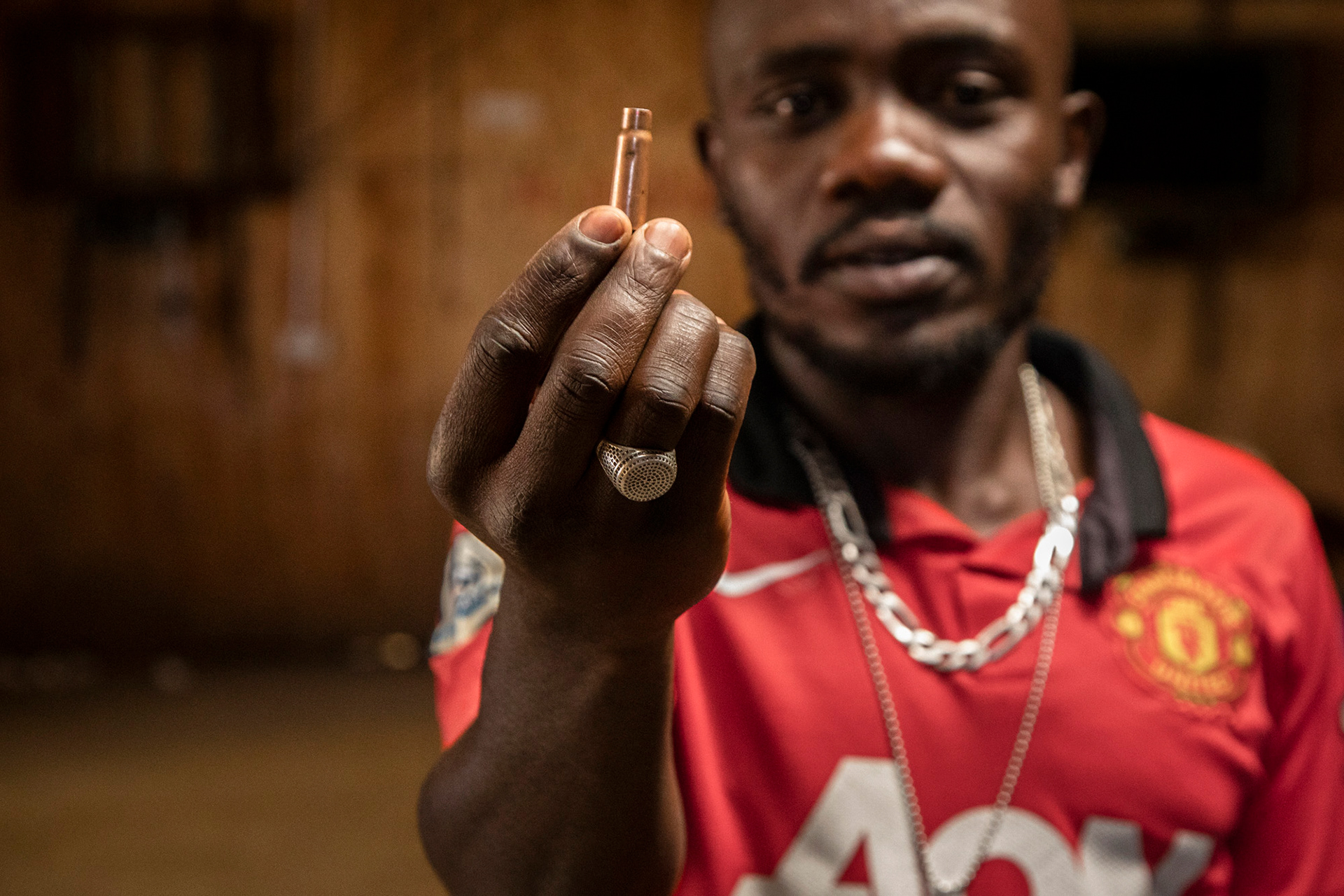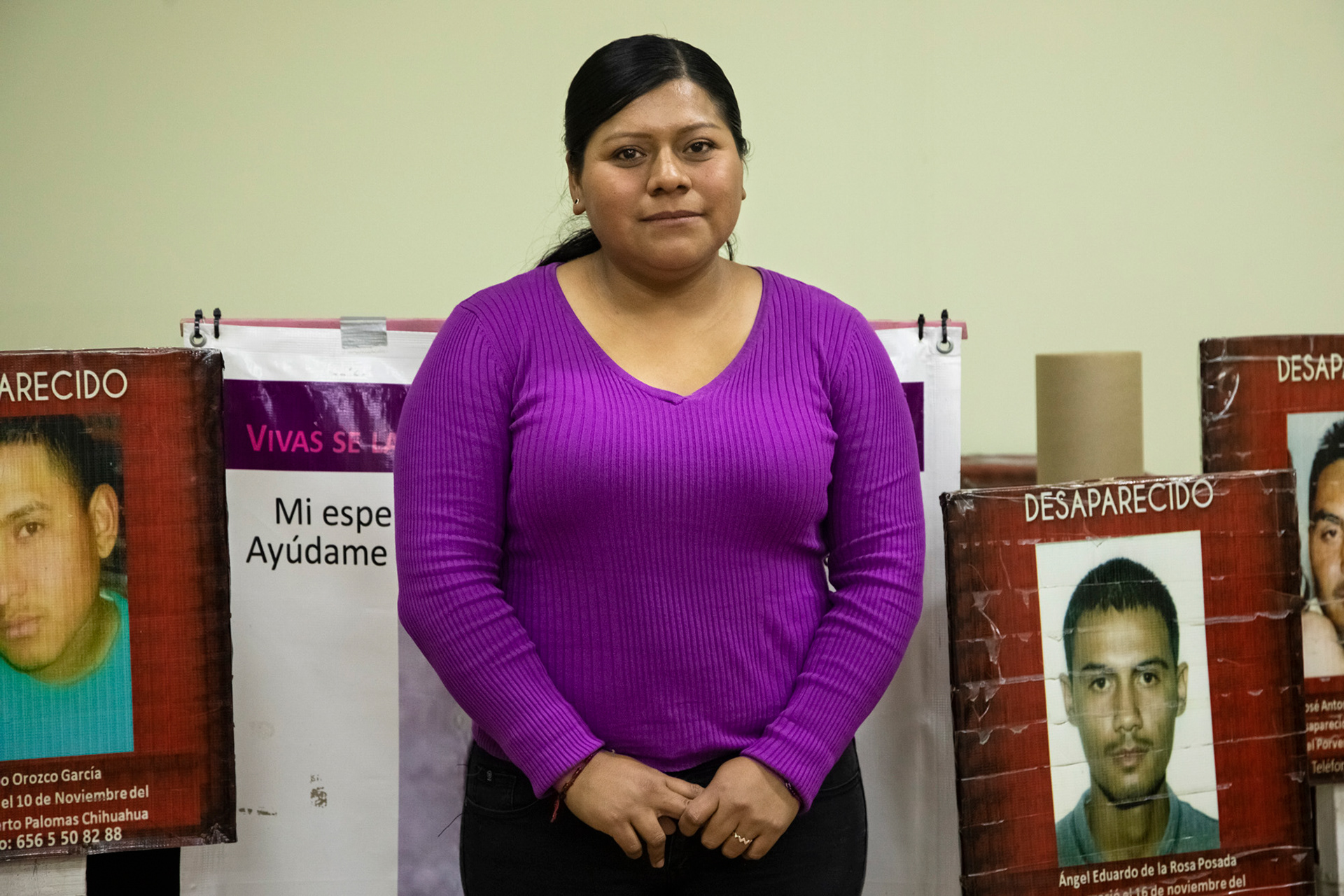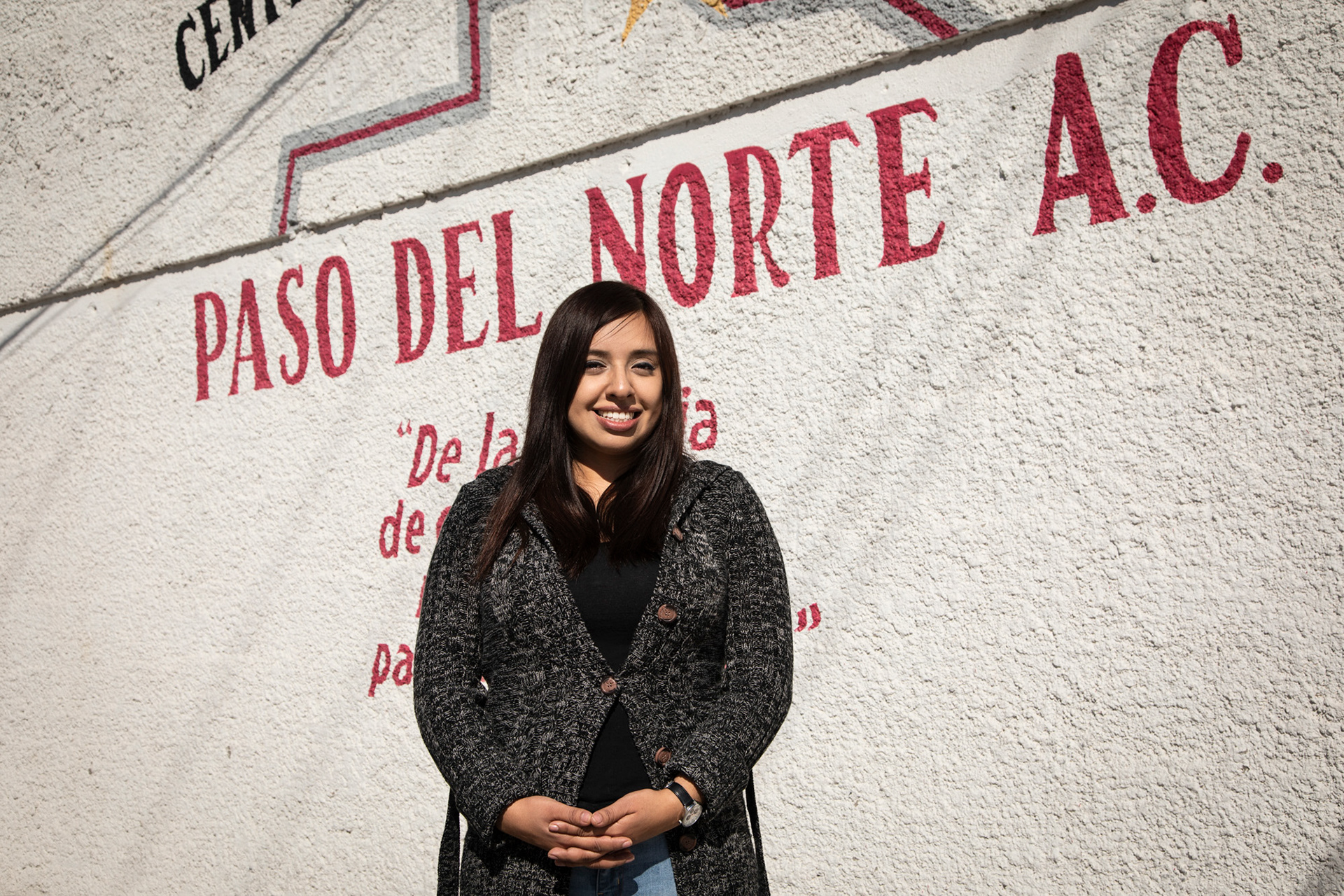TRENDS IN REPRESSION
304 human rights defenders were killed in 2019, 85% of whom had previously been threatened. Land and environmental and LGBTQI+ defenders are being murdered at a higher rate every year, and Latin America remains the most dangerous region in the world to be a defender. Read about patterns of repression and what people are doing about it.
Indigenous communities live in Ejidos, Mexico, where they own and manage the land communally. However, their rights to the land were violated when the government planned the building of roads through the their territory. In 2000, The government authorised to cut down the forest and the indigenous communities organised meetings to demand that the destruction stop.
Alfonso Molina is an indigenous leader in Colorado de la Virgen, in Chihuahua, Mexico. He defends the importance of their tradicional customs and their way of life. The trees, pasture, wood and water that allow our animals to survive and protect the plants that they use for medicine. They grow maize, peas, beans and potatoes depending on the season, and have goats, sheep and cows.
"No one has the right to buy or sell our land. It is the mestizos that want to buy it without consulting us. But they have to have our authority and our decision. We don’t want to sell the land, we want to live from the land and leave it to our children." Alfonso Molina
"When the judge determines the innocence of these leaders the the project is already installed in the territory" Donald Hernandez
Donald Hernandez is a Human rights lawyer from Honduras. He works with peasant and indigenous communities training and supporting them to defend their collective rights and to resist the invasion of their lands by mining and energy companies. As a lawyer, he represents over 30 criminalised human rights defenders.
Public protest is criminalised, protest action labelled as terrorism. Leaders of communities defending their territorial rights are imprisoned, awaiting trial. By the time the legal process has run its course and they are released, their lands have been occupied by mining companies.


Steve Kinuthia is a paralegal coordinator at the Mathare Social Justice Centre in Nairobi, Kenya. For years, the urban settlement of Mathare has suffered various forms of structural violence, including: land grabbing, forced evictions, police abuse and extrajudicial killings, political impunity and other economic, social and psychological violations. This violence has been allowed to go on without any retribution to the community, especially as most of the community continues to live in fear of the consequences of standing up for their rights.
"They only kill because it’s intended. So the killing of so many young men is also intended to bring a certain result. And that result is to create fear." Steve Kinuthia
Rosa Maria Mateus is a human rights lawyer and co-ordinator of The José Alvear Restrepo Lawyers' Collective (CCAJAR), which works to defend human rights in Colombia. She deals with cases of reparation for victims of state repression and armed conflict and works with indigenous, peasant and Afro-Colombian communities on collective land rights and environmental protection.
"We believe that social violence has become much more visible since 2016, when the peace deal was signed. The pattern always points to those found in the background: the companies." Rosa Maria Mateus
"The Colombian government has failed by not taking responsibility, by not saying things as they are and by making excuses." Rosa Maria Mateus


Carla Palacios and Maricela Vazquez are human rights lawyers in Paso del Norte Human Rights Centre in Cuidad Juarez, Mexico. Their work involves representing the families of victims of torture and forced disappearances. Their organisation has been the subject of consistent pressure from state and federal authorities, including surveillance, threats, and even a raid following an emblematic torture case in 2011. Their high level of risk is due to complaints they have filed against members of the security forces. In addition, they work in an environment characterised by executions, corrupt security forces, impunity and widespread and persistent violence against women. In 2018 alone, 3580 women were killed in Mexico – a rate of nine per day on average.
"He was always very worried. Whenever I got home he would ask me - My daughter are you home? I’m so glad you’re home ok- Because he was very worried that something would happen to me. He would ask if this work was really worth the risks and I’d say that yes, it is." Maricela Vazquez
Laura Miti has spent her adult life participating in various campaigns to strengthen Zambia’s democracy. Refusing to be cowed by the attacks that female activists routinely receive, she has used first main stream media, and more recently social media to publicly ask the accountability questions that the larger public whispers in private.
"I have been working in civil society since my twenties but the current government is making it very difficult" Laura Miti
"There is always this cloud of fear, not only for yourself but for the people that might work with you" Laura Miti
CHECK OUT MORE STORIES
Click on the image to find out more
